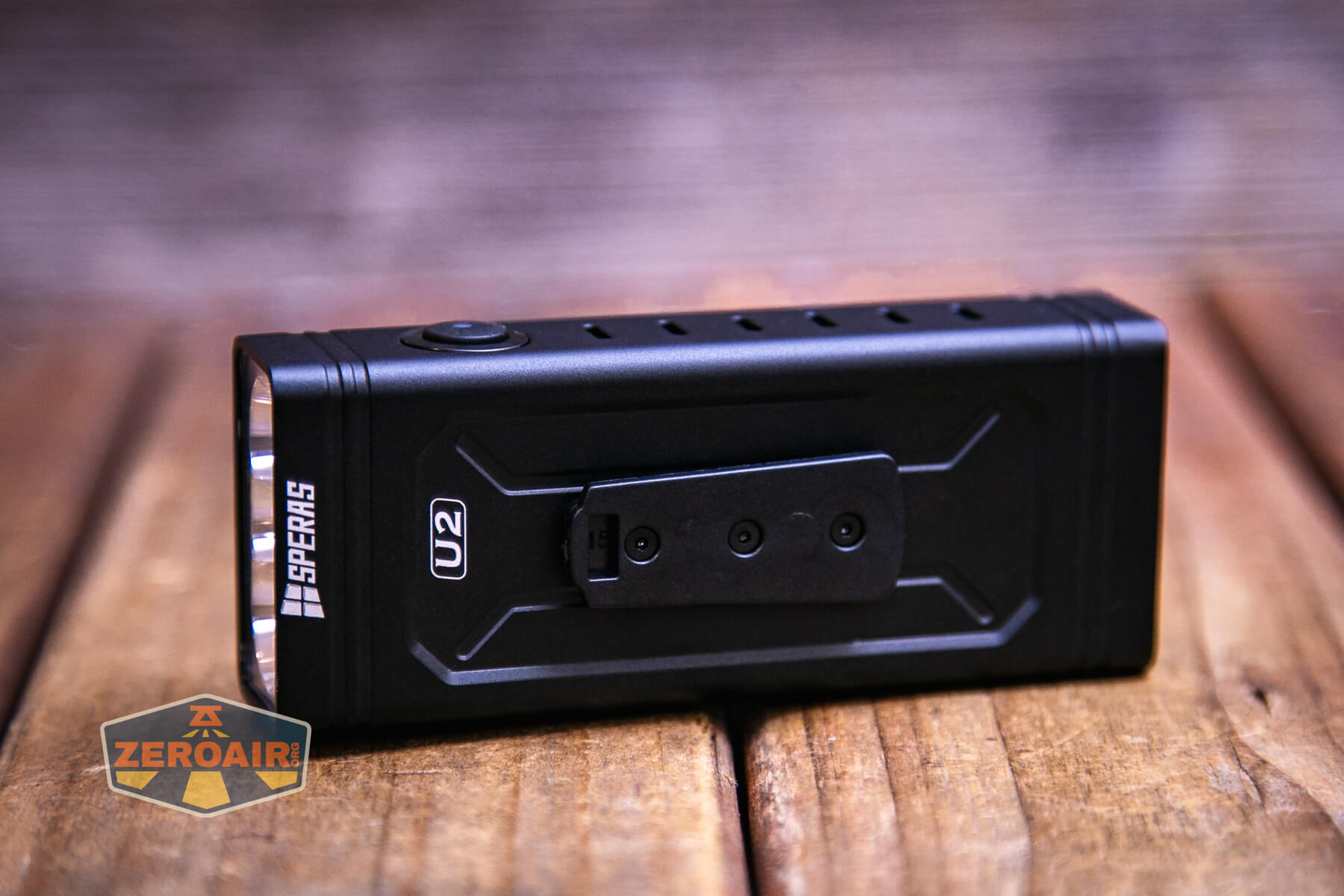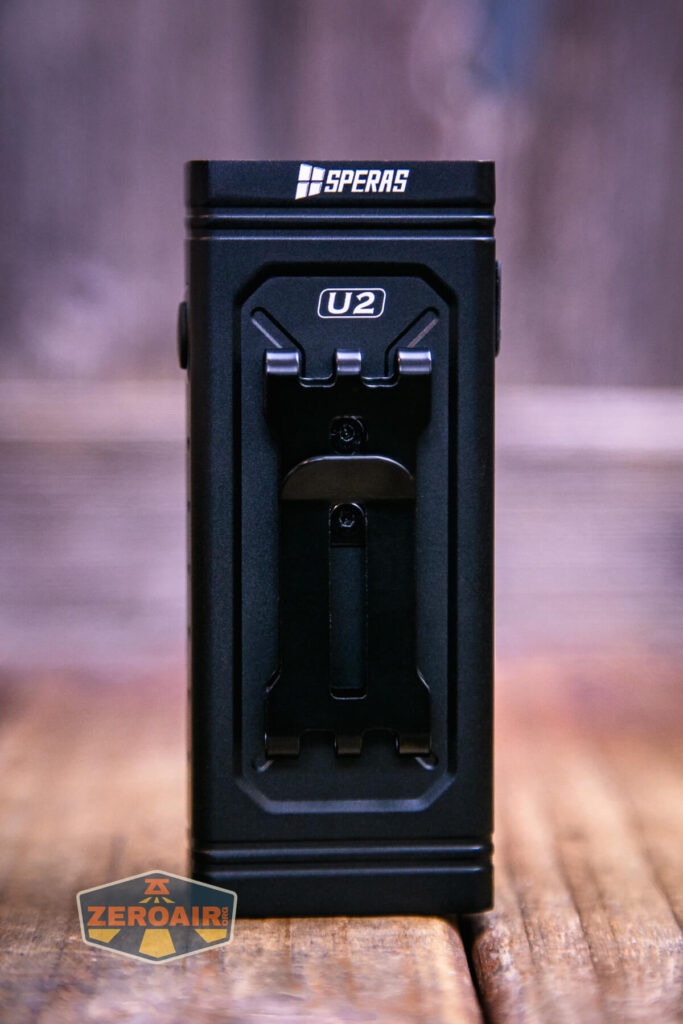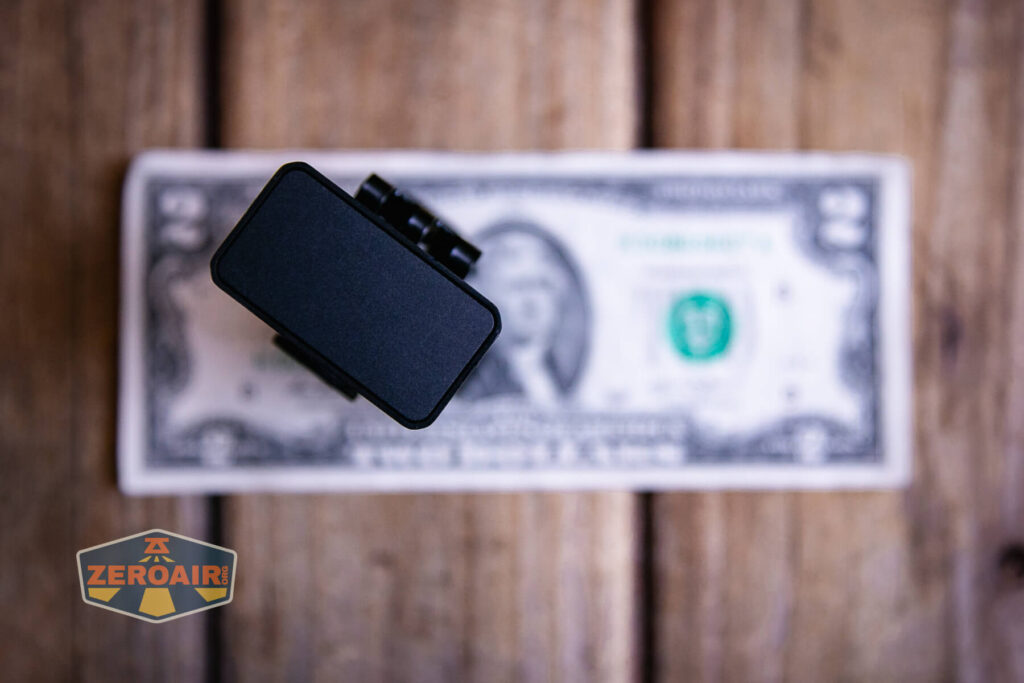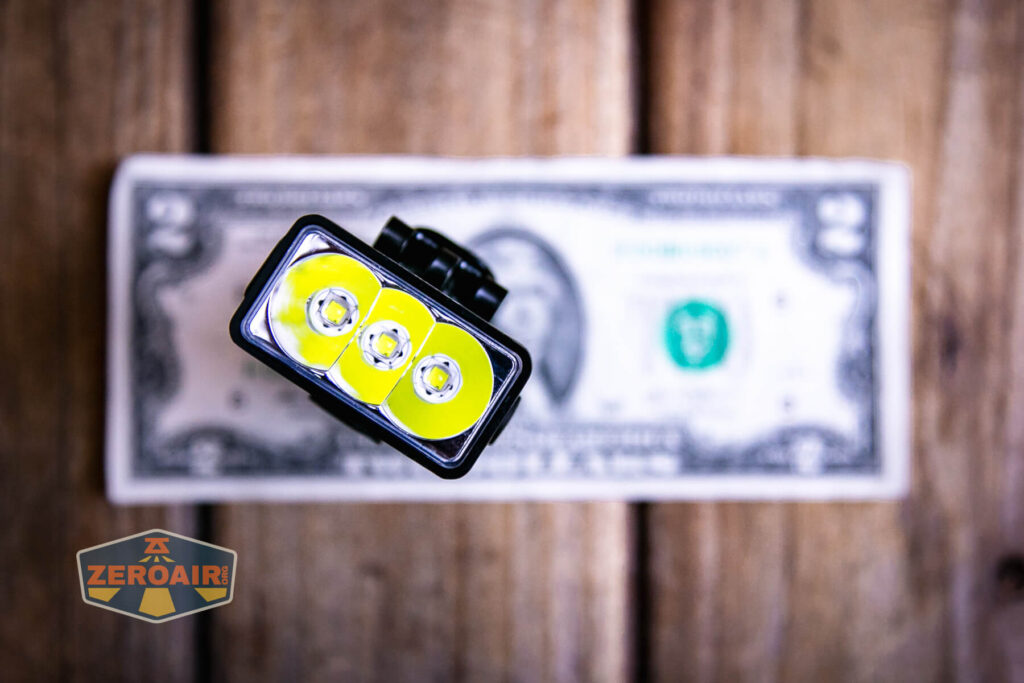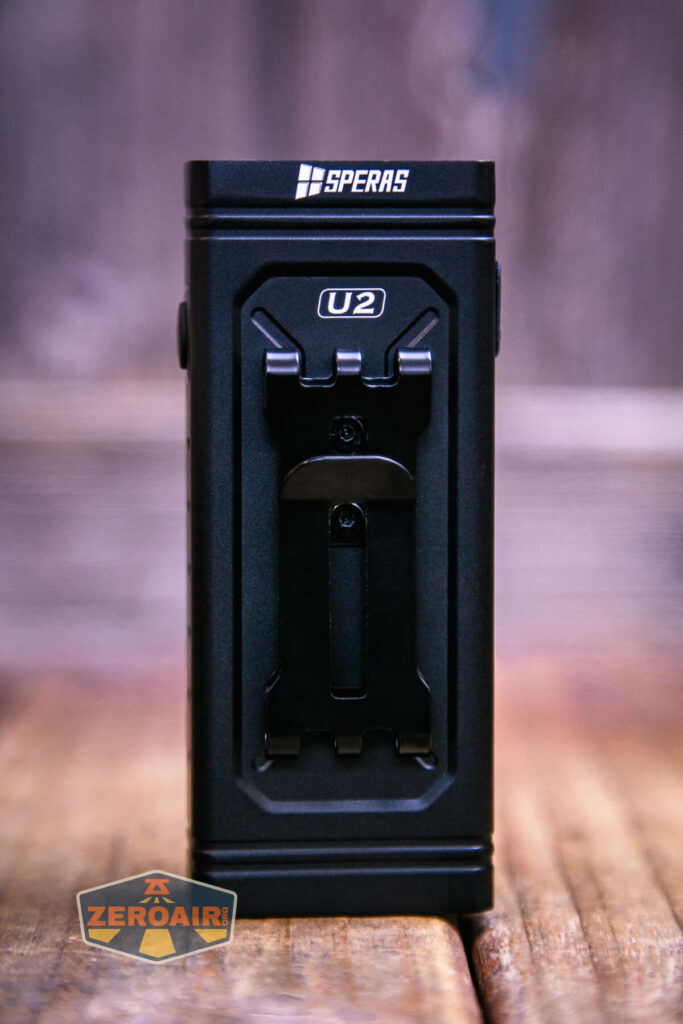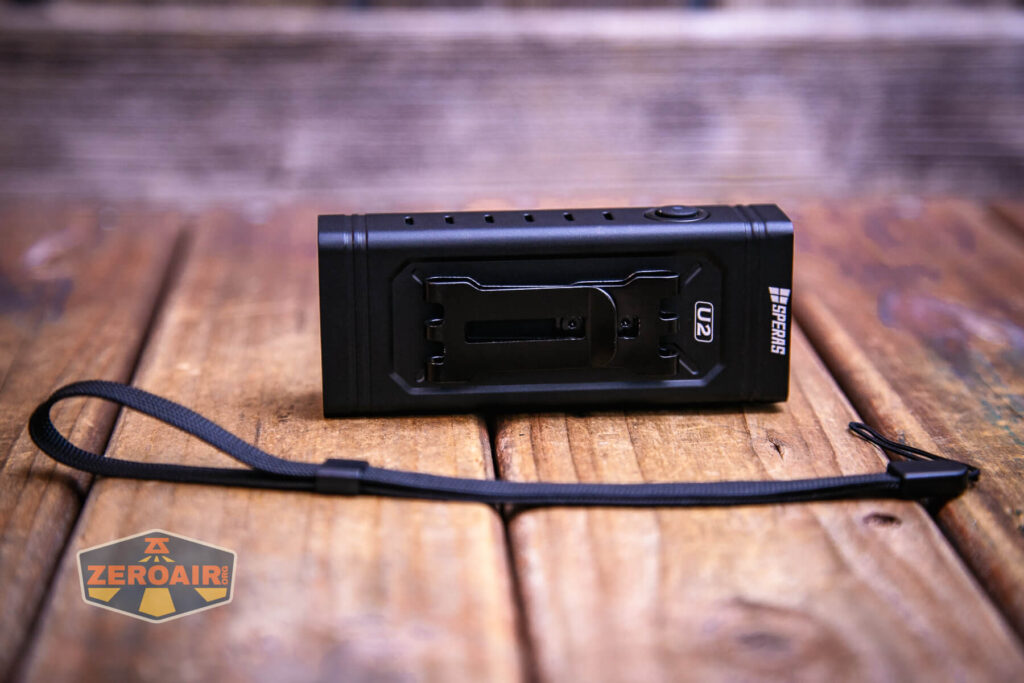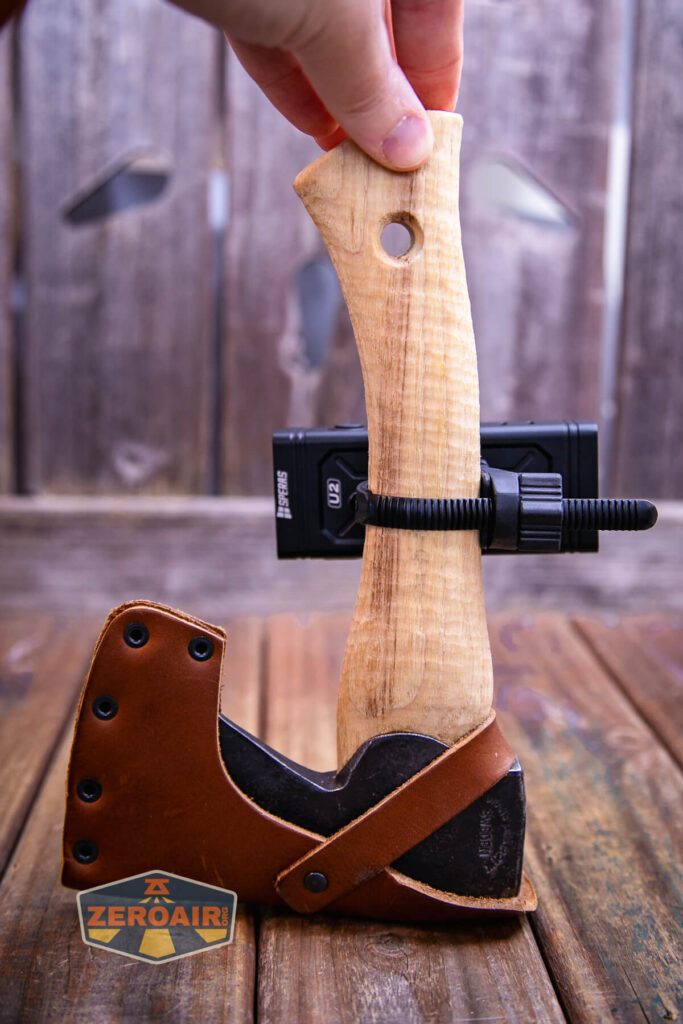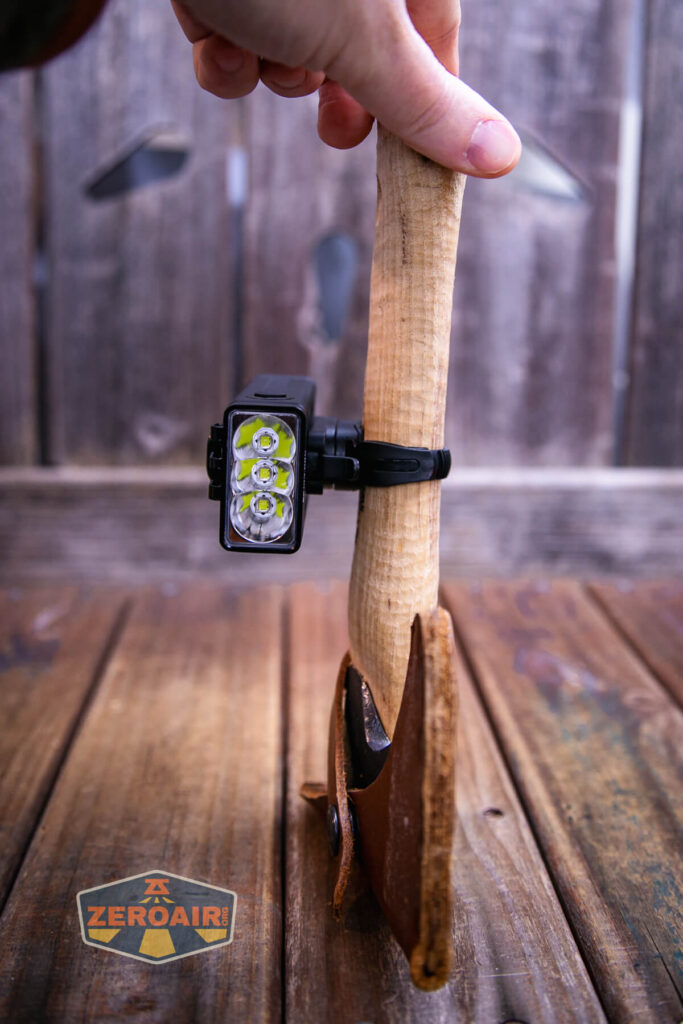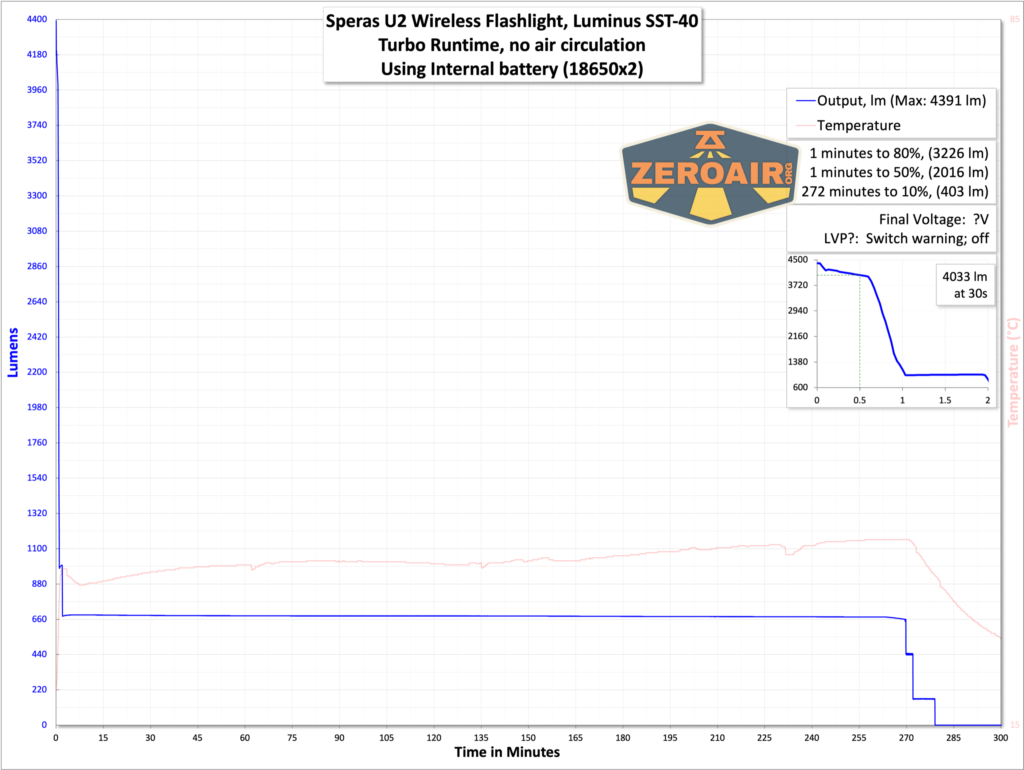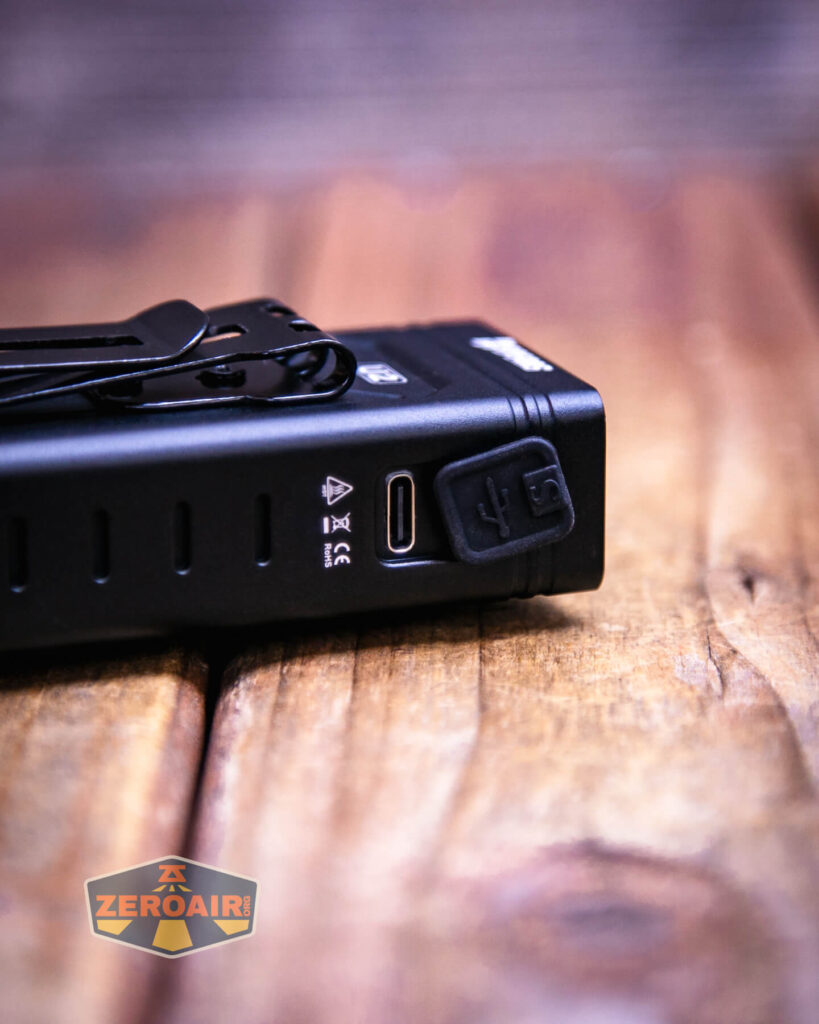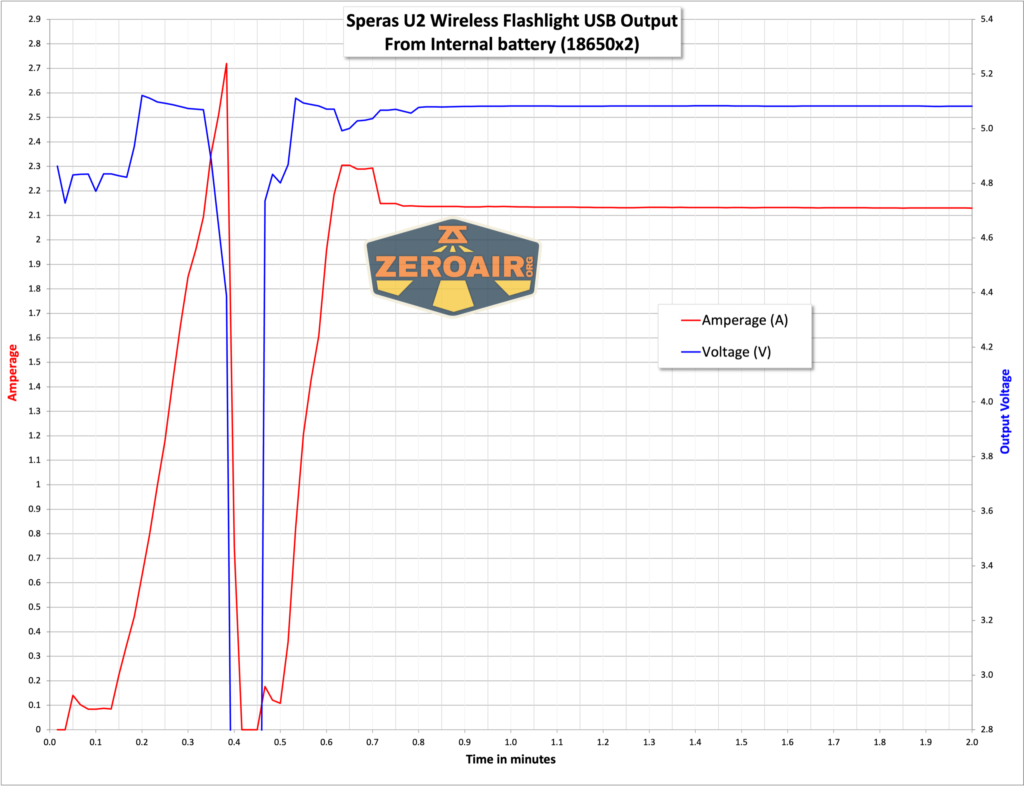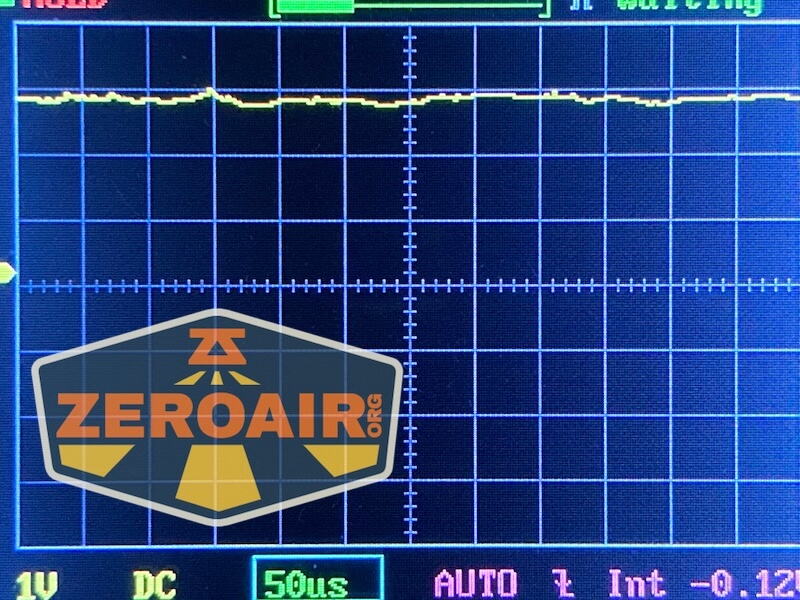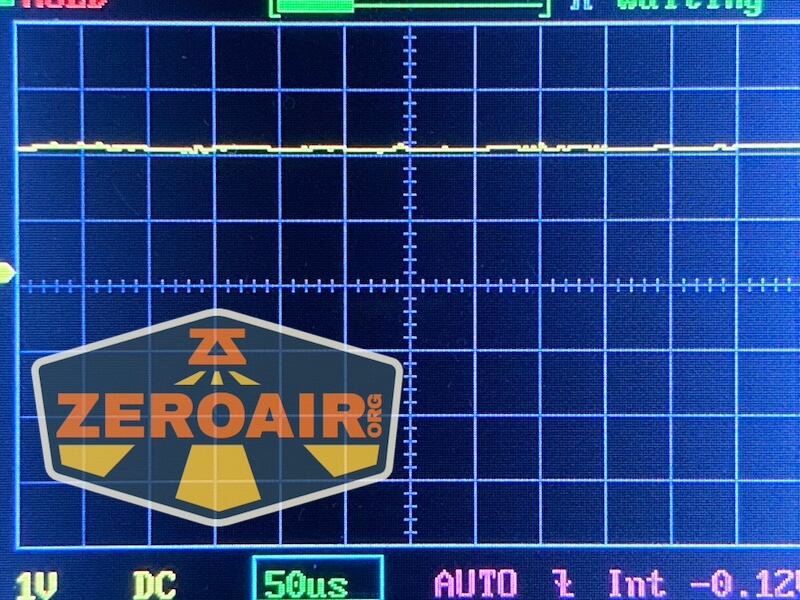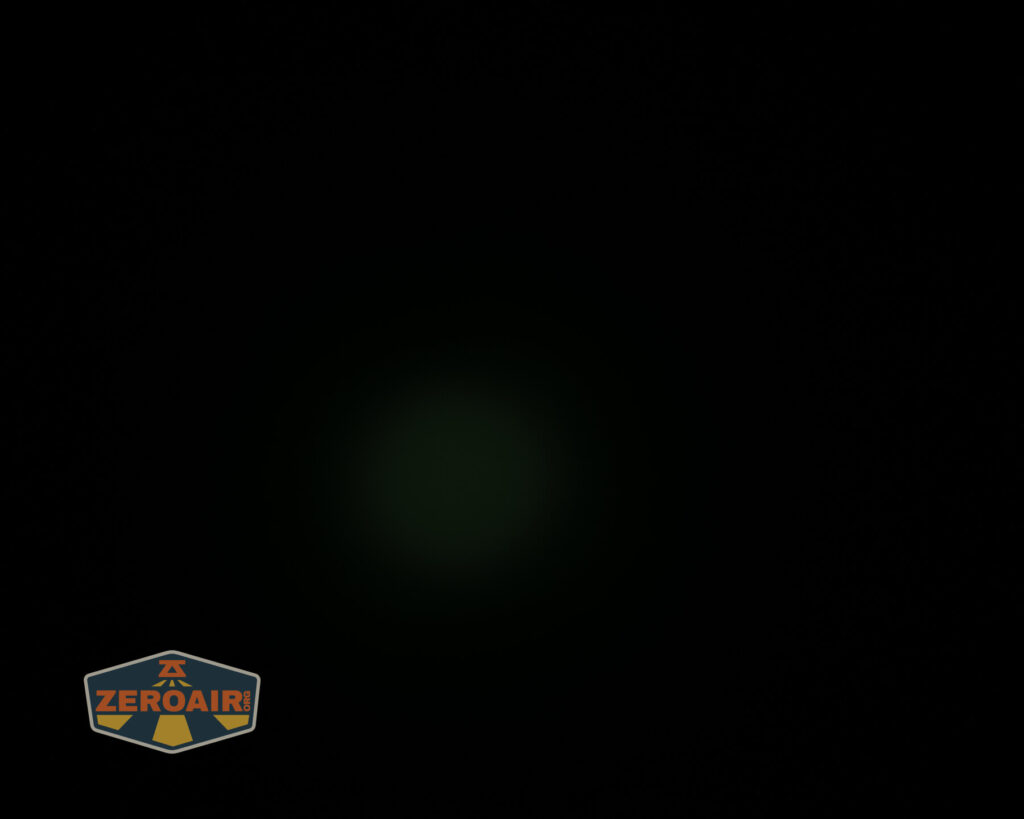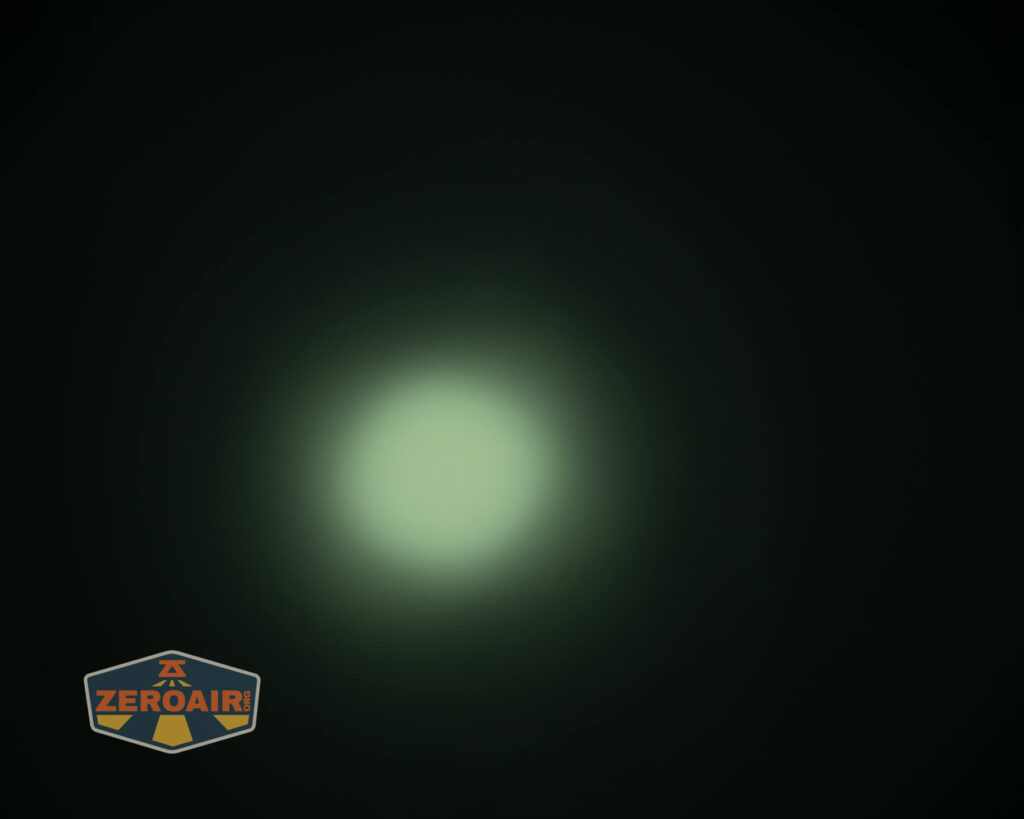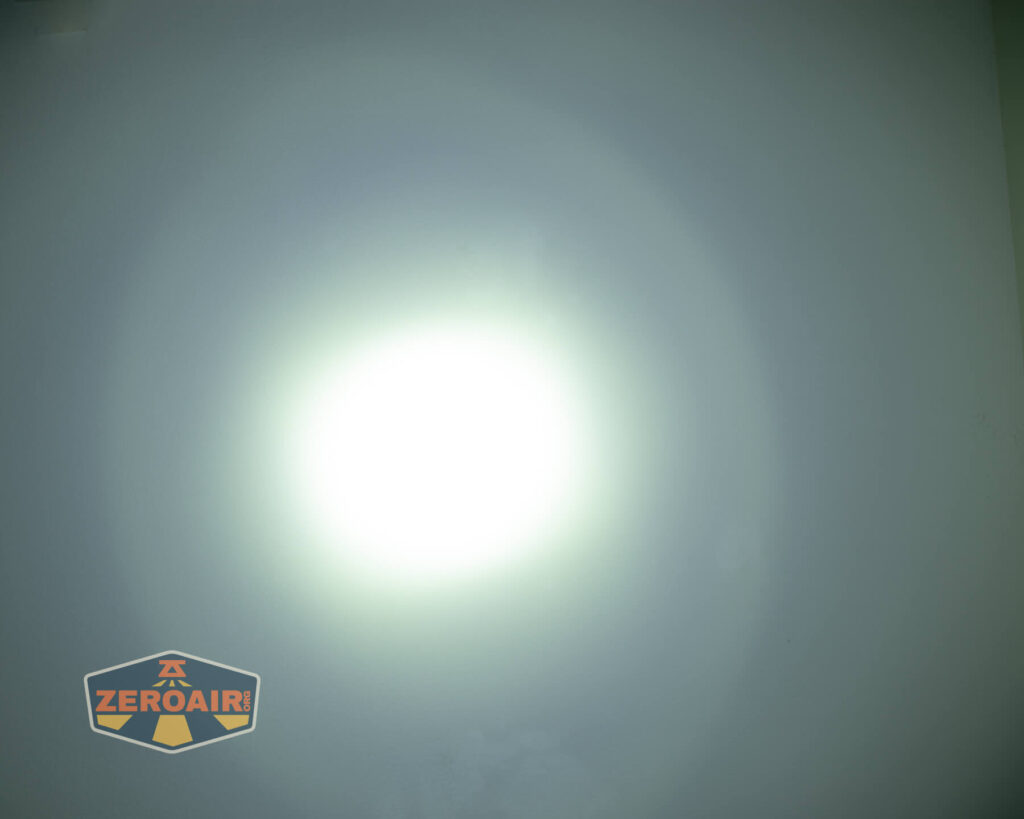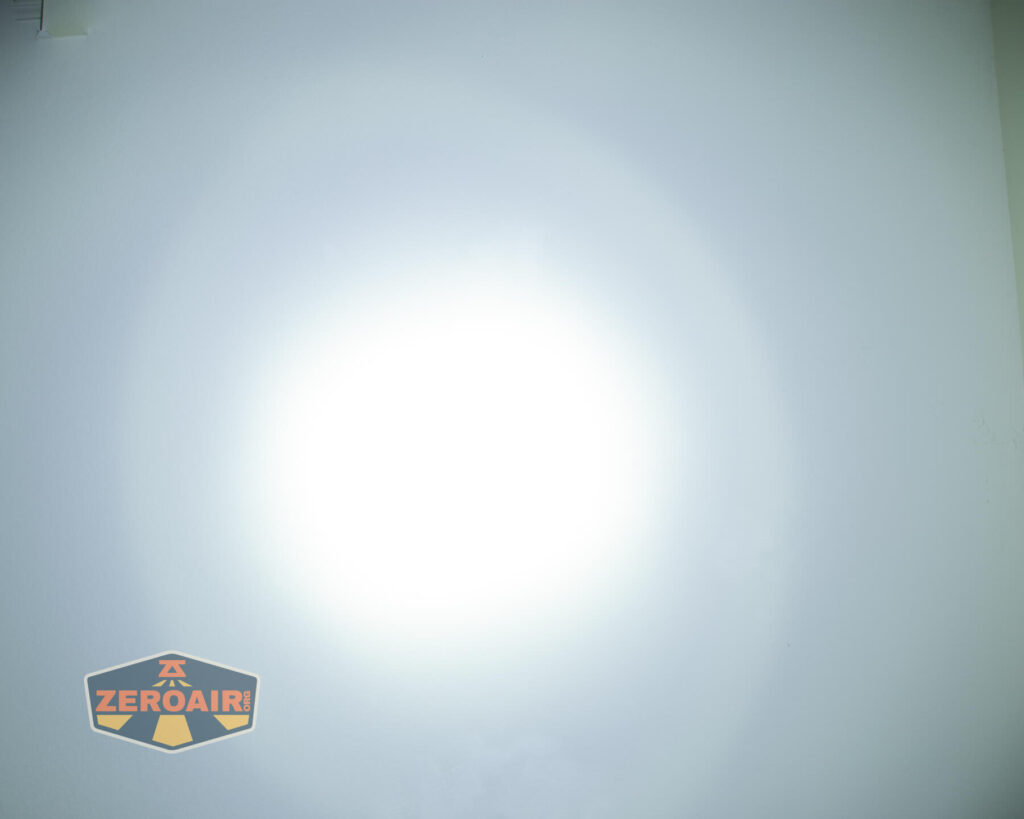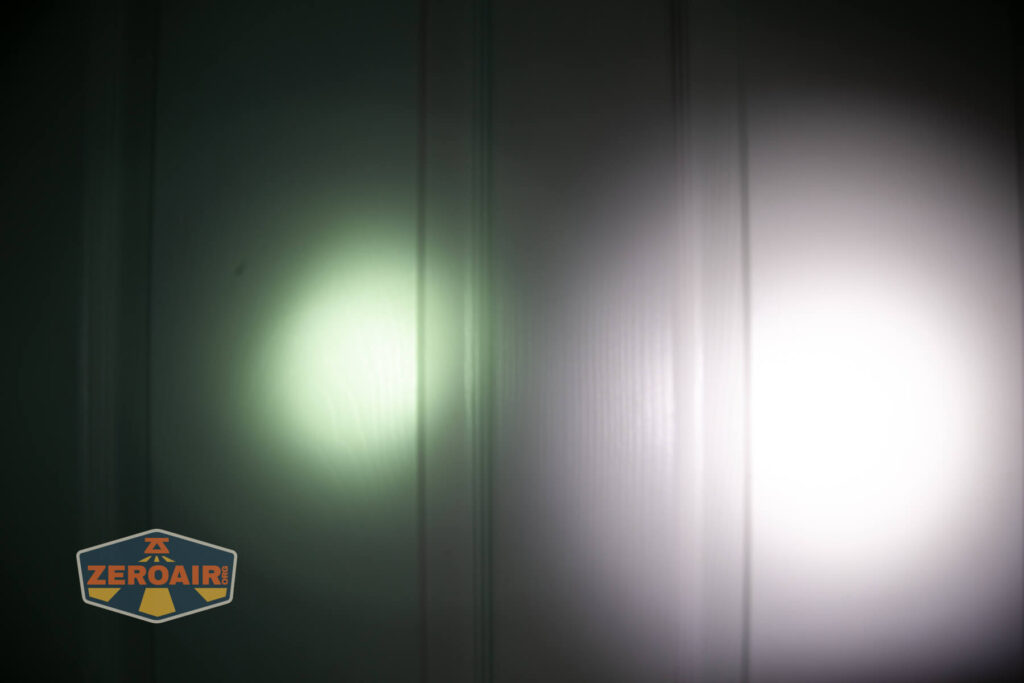Speras U2 Wireless Flashlight Review
The Speras U2 wireless flashlight is an interesting light with USB-C charging, bicycle mounting hardware, exceptionally high output and TWO remote switches!
Official Specs and Features
I can’t find this U2 on the website yet. The Speras U2T is on Kickstarter right now, though.
Versions
I think there’s just one version of the Speras U2 wireless flashlight but there’s also a new U2T coming soon.
Price
The funding session on Kickstarter appears to be over, but the price looks to be around $100. Additional accessories do add cost, though.
What’s Included
- Speras U2 wireless flashlight
- Charging cable
- Lanyard
- Powerbank adapter
- Bike mounting hardware
- Remote switch with wireless adapter
- Remote switch with wired adapter
Package and Manual
I didn’t get a (boxed) package but I do think I got all the accessories.
Build Quality and Disassembly
The first thing to say here is that there’s no disassembly of the Speras U2 wireless flashlight. Sure if you really wanted to pop out the lens or pry some other way, you could get in there…. but it’s not a light intended to be accessed.
It feels solid, though, and that’s about as much as I can say for build quality. There are no threads to check or anything like that. It feels solid.
Size and Comps
107mm x 43mm x 23.9mm and 217g.
If the flashlight will headstand, I’ll show it here (usually the third photo). If the flashlight will tailstand, I’ll also show that (usually in the fourth photo).
Here’s the test light with the venerable Convoy S2+. The version you see below is a custom Convoy S2+ host that’s been laser engraved by GadgetConnections.com. I did a full post on an engraved orange host right here! Or go straight to GadgetConnections.com to buy your Convoy S2+ now!
Also above is the light beside a TorchLAB BOSS 35, an 18350 light. I reviewed the aluminum version of that light in both 35 and 70 formats. I also reviewed that specific edition, the “Oveready BOSS FT Collector Vintage Brass” 35. I love it!
Retention and Carry
This light seems to be a dedicated bicycle flashlight. That’s certainly not the only way to use the Speras U2 wireless flashlight, though, as it serves as a hand-held just fine. It ships with a pocket/belt clip that I’d call “beefy” and also allows bezel-up or down carry.
This clip is attached with screws, and I think can go on either side of the light. Also included is a lanyard, which has to be attached to the pocket clip.
And finally, there’s the bike mount. It’s a solid mount, I think, and quite adjustable. The loop below goes over a handlebar and the little ring at left screws down to tighten the mount on the bar.
The bit seen below slides over the attachment point on the flashlight body.
Here’s the body attachment.
Attachment is easy. There’s a quick release on the clip which allows the light to be removed easily. When removed, the light doesn’t have many (or annoying) remnants of the bike mount. So it’s reasonable to use this light either way, but also both ways.
Power and Runtime
Speras doesn’t give us access to the cells, but they do say there are two 3200mAh 18650 cells in there.
Here are runtime charts for the three highest outputs.
Initial output on both Turbo and High is impressive, but does step down pretty quickly. The switch indicates low voltage, too, as well as indicating for a few seconds when the light has been activated.
Charging
The Speras U2 wireless flashlight offers USB-C charging.
Charging is quick, at around 2 hours with USB-C input, and over 3A current.
When charging, the switch is red. When charging is complete, the switch turns green.
Powerbank
One of the nice features of the Speras U2 wireless flashlight is that it can be “reverse charged” or be used as a powerbank. This might be especially handy if you use the U2 on your handlebar while charging a cell phone, which might also be on your handlebar. It could be a useful setup! Speras even provides this USB (female) to USB-C adapter. But you can use the USB-C port as output directly, too.
The powerbank capability is quite good, allowing over 2A for quite some time.
In fact, the 2A output proceeds until the light shuts off, which takes nearly 2 hours.
Modes and Currents
| Mode | Mode Claimed Output (lm) | Claimed Runtime | Measured Lumens |
|---|---|---|---|
| Turbo | 5000 | 4h | 4391 (0s) 4033 (30s) |
| High | 2000 | 4.7h | 1974 (0s) 1940 (30s) |
| Medium | 500 | 6.5h | 470 |
| Low | 180 | 19h | 170 |
| ECO | 12 | 150h | 5 |
Pulse Width Modulation
None of the steady modes use PWM!
Here you can see a “baseline” – a chart with almost no light hitting the sensor. Then there’s the Ultrafire WF-602C flashlight, which has some of the worst PWM I’ve seen. It’s so bad that I used a post about it to explain PWM! Here are multiple timescales (10ms, 5ms, 2ms, 1ms, 0.5ms, 0.2ms) to make comparing this “worst” PWM light to the test light easier. That post also explains why I didn’t test the WF-602C at the usual 50us scale.
User Interface and Operation
There’s a lot going on with the user interface here. First, there’s a built-in indicating e-switch.
An optional accessory is this wired switch, too. The switch fits into the USB-C port.
One final option is part of the namesake – the wireless option. This option has a USB-C attachment but also a wireless fob!
Interestingly, the wireless adapter sticks straight out of the light. This does not seem ideal. An angled option like the wired remote switch would be much, much better.
The wired remote switch and the wireless remote switch can not be used at the same time. The built-in e-switch can be used while either of the others are in place. I do not see a way to change the battery in the ABC fob.
Here’s a user interface table! On the flashlight, there’s just one switch.
On both of the remote switches, there are three switches. These three switches have the same functions, so will be covered together. The manual calls the wired remote switches S1, S2, and S3. The wireless remote has three switches – A, B, and C. S1 and A have the same action, and S2, S3, B, and C all also have the same action. Interestingly, S2 and S3 and B and C are all physically different switches but have the same action.
| State | Action | Result |
|---|---|---|
| Off | Hold e-switch | On (Mode memory) |
| On | Hold e-switch | Off |
| On | Click e-switch | Mode advance (all 5 steady modes) |
| Any | Double click e-switch | Strobe |
| Strobe | Double click e-switch | SOS |
| Strobe or SOS | Click | Previous state (before strobe) |
| Off | Hold e-switch >2s | Lockout |
| Lockout | Click e-switch 3x | Unlock |
| Off | Click e-switch | No change in state |
| Off | Hold S1 or A | Momentary (Mode memory) |
| Off | Click S1 or A | On (Mode memory) |
| On | Hold S1 or A | Off (upon release) |
| On | Click S2, S3, B, or C | Mode advance |
| Off | Click S2, S3, B, or C | Momentary Strobe |
| On | Hold S2, S3, B, or C | Momentary strobe (previous state upon release) |
It’s not a complicated user interface, but it is a bit unusual. I did try both of the remote switches on other Speras lights and they do not work on other lights.
LED and Beam
Speras uses three Luminus SST40 emitters in the U2. Each has a reflector. This is effectively a “nontraditional” triple.
LED Color Report (CRI and CCT)
Speras doesn’t state a CRI or CCT for the Speras U2 wireless flashlight, but below you can see the output characterized. It’s neutral to cool with low CRI.
Beamshots
These beamshots always have the following settings: f8, ISO100, 0.3s shutter, and manual 5000K exposure. These photos are taken at floor level, and the beam hits the ceiling around 9 feet away.
Tint vs BLF-348 (KillzoneFlashlights.com 219b version) (affiliate link)
I keep the test flashlight on the left and the BLF-348 reference flashlight on the right.
I compare everything to the KillzoneFlashlights.com 219b BLF-348 because it’s inexpensive and has the best tint!
Summary and Conclusion
I am a huge fan of non-tubular flashlights. This very rectangular light really fits that interest. It’s nice as a bicycle flashlight too; the mounting system seems to work very well. I appreciate the remote switches, and if that’s something you might need, then check the U2 out – these seem like good remote switches.
The Big Table
| Speras U2 wireless flashlight | |
|---|---|
| Emitter: | Luminus SST-40 |
| Price in USD at publication time: | $100.00 |
| Cell: | 2×18650 |
| Runtime Graphs | |
| LVP? | |
| Switch Type: | E-Switch |
| Quiescent Current (mA): | ? |
| On-Board Charging? | Yes |
| Charge Port Type: | USB-C |
| Charge Graph | |
| Power off Charge Port | Lowest level only |
| Claimed Lumens (lm) | 5000 |
| Measured Lumens (at 30s) | 4033 (80.7% of claim)^ |
| Candela per Lumen | 6.79 |
| Claimed Throw (m) | 340 |
| Candela (Calculated) in cd (at 30s) | 1059lux @ 5.489m = 31907cd |
| Throw (Calculated) (m) | 357.2 (105.1% of claim)^ |
| Claimed CCT | – |
| Measured CCT Range (K) | 5400-5900 Kelvin |
| Item provided for review by: | Speras |
| All my Speras reviews! | |
^ Measurement disclaimer: Testing flashlights is my hobby. I use hobbyist-level equipment for testing, including some I made myself. Try not to get buried in the details of manufacturer specifications versus measurements recorded here; A certain amount of difference (say, 10 or 15%) is perfectly reasonable.
What I like
- Nice design
- USB-C charging
- Powerbank function
- Remote switch options (wired and wireless)
- Very high output!
- Multiple retention options
- Not super cool white – lower modes have very reasonable neutral output
What I don’t like
- Cost – with all the options, this light can be costly
- No way to change the fob battery
- Wireless USB-C attachment is very exposed and can be damaged
Notes
- This content originally appeared at zeroair.org. Please visit there for the best experience!
- For flashlight-related patches, stickers, and gear, head over to PhotonPhreaks.com!
- Please use my amazon.com referral link to help support zeroair.org!
- Please support me on Patreon! I deeply appreciate your support!
